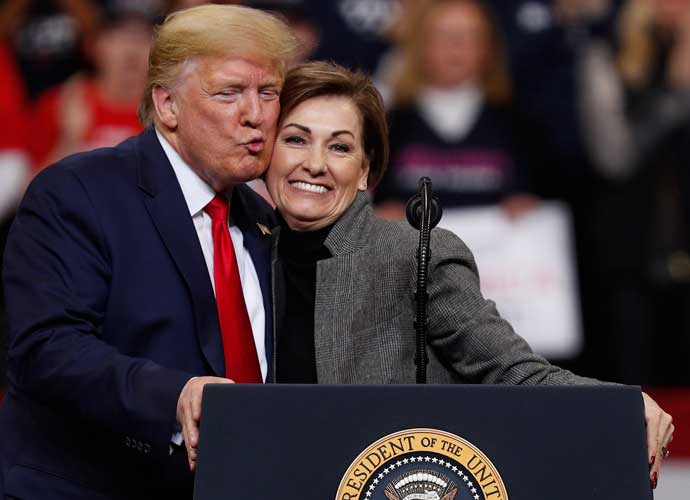After 12 Republican Governors Rejected Program For Free Lunches For Poor Kids, A Few Have Second Thoughts
A bipartisan initiative to provide essential nutrition to underprivileged children in the summer months has been met with resistance from over a dozen Republican governors. However, the mounting pressure on these governors to reconsider their stance has signaled a potential shift in the situation.
Known as Summer EBT, the program seeks to alleviate food insecurity among children by offering pre-loaded cards that grant easier access to food supplies when schools are closed. This marks a significant expansion of federal nutrition programs, and the Biden administration estimates that it could benefit approximately 30 million eligible schoolchildren in the summer.
Despite its potential impact, 15 states, all led by Republican governors, initially declined to participate due to concerns about costs and ideological opposition to expanding federal benefits. This decision has sparked outrage among anti-hunger organizations, advocates for rural communities, educators and local youths and has led to vigorous efforts to persuade these governors to reconsider their positions.
One notable success has already been achieved recently when Nebraska announced its decision to opt into the program, despite Republican Gov. Jim Pillen, who expressed his previous opposition, “I don’t believe in welfare,” in a press conference in December.
Pillen’s change of heart, coupled with the recent announcement from the U.S. Department of Agriculture that states could still be considered for participation in the Summer EBT program for 2024, even if they missed the initial deadlines, has injected renewed momentum into the pressure campaigns that target the other hold-out states. At stake, as reported to the Agriculture Department, is the potential loss of hundreds of millions of dollars in food assistance that could benefit up to nine million eligible children.
Advocates in Iowa and South Carolina have leveraged Nebraska’s shift in position to urge their respective governors to expand the Summer EBT program. Kelsey Boone, senior nutrition policy analyst at the Food Research & Action Center, highlighted that in the 2021-2022 school year, 360,000 children in Iowa were eligible for free and reduced-price lunch, an indicator of their eligibility for summer EBT. However, only 18,353 children received summer meals in 2022.
Iowa Gov. Kim Reynolds (R) is another governor remains opposed to the free lunch program.
While the federal government already supports summer nutrition assistance programs, these programs require children and their families to travel to specific sites to receive meals. This can be particularly burdensome in rural areas and is one of the reasons why the existing programs fail to reach a majority of eligible children.
After the onset of the Covid-19 pandemic, the federal government introduced Pandemic-EBT, a precursor to the new Summer EBT program, which provided eligible children with cash assistance of $40 per month, which eliminated the need for them to travel to access meals. Initial data and research from previous pilot programs have demonstrated that this approach significantly reduces hunger in school closures.
In 2022, Congress passed legislation to make the program permanent, which garnered support from Sen. John Boozman (R-Arkansas), the leading GOP lawmaker on the Senate Agriculture Committee. However, the bipartisan agreement stipulates that states must cover half of the administrative costs for the program, unlike during the pandemic when the federal government fully funded it.
As of February 27, 37 states, five U.S. territories, and three tribes have notified the Department of Agriculture of their intent to participate in the inaugural year of the Summer EBT program, which includes 14 states led by Republican governors. Nevertheless, the GOP governors of the last 13 states remain steadfast in their belief that Summer EBT is only necessary in emergencies like the COVID-19 crisis.
RELATED ARTICLES
Get the most-revealing celebrity conversations with the uInterview podcast!







Leave a comment